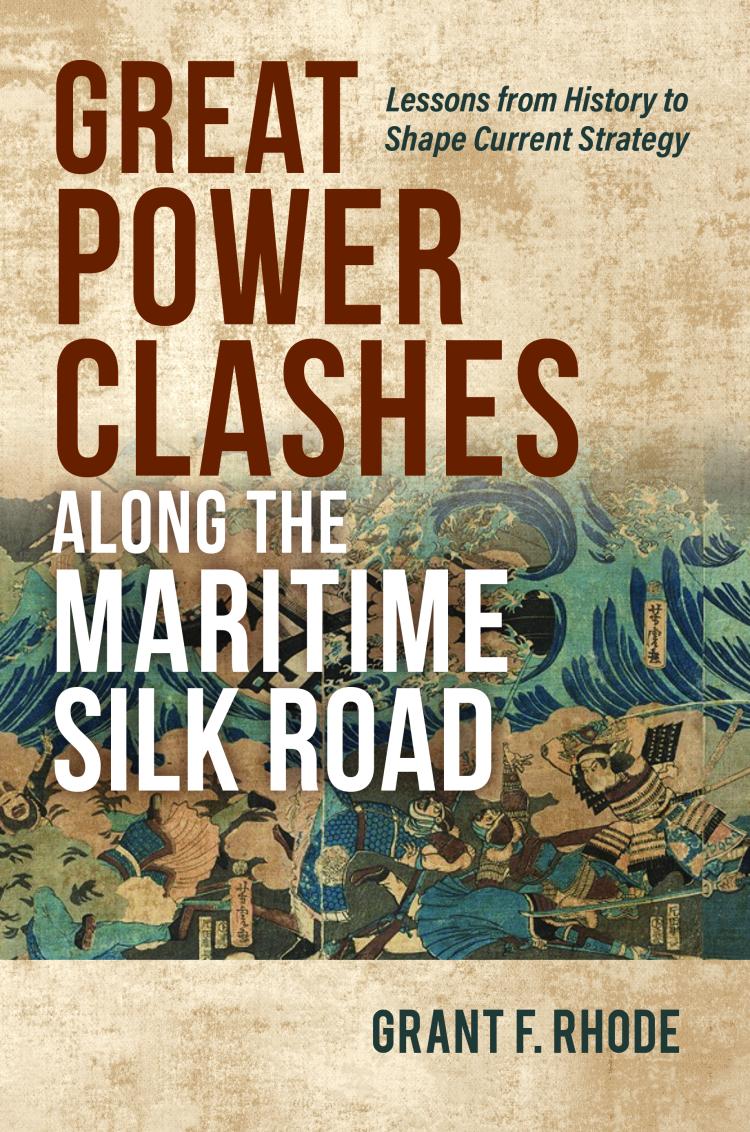Great Power Clashes along the Maritime Silk Road
Lessons from History to Shape Current Strategy
- Subject: Fall 2023 Catalog | China and the Asia Pacific | Current Affairs | General Military & Naval History | Society of Military History Conference
- Format:
Hardcover
- Pages:
360pages
- Illustrations:
20 maps; 1 line drawing
- Published:
October 15, 2023
- ISBN-10:
1682478661
- ISBN-13:
9781682478660
- Product Dimensions:
9 × 6 × 1 in
- Product Weight:
22 oz
Overview
Current concerns in maritime Eurasia are centered on rising powers China and India. By way of background to understanding the current regional great power rivalry within maritime Eurasia, this book asks what we can learn from historic Eurasian maritime geopolitical players and their interactions that will inform and enlighten today’s international relations practitioners. Great Power Clashes along the Maritime Silk Road examines three seminal historical cases of maritime clashes in the China Seas, four in the Indian Ocean, and one in the eastern Mediterranean Sea. Each of these is an example of local or regional conflict reflecting the circumstances of time and place. The cases have been chosen to provide a comparative framework of significant premodern maritime clashes distributed along the full Eurasian maritime perimeter. Lessons include understanding struggles between continental and maritime powers in Eurasia, and understanding the decisive impact that naval leadership, intelligence, technology, alliances, and identity have had in the past and will have on the future.
About the Author
Editorial Reviews
“Grant Rhode brings alive the long history of great power clashes for command of the seas in the Indo-Pacific region. This timely, deeply researched history is a must read for those who seek a greater understanding of the geopolitics that shape today’s strategic competitions for world power.” —John H. Maurer, Alfred Thayer Mahan Professor of Sea Power and Grand Strategy, U.S. Naval War College
"Great Power Clashes Along the Maritime Silk Road provides a highly interesting and informative read. It also features useful maps, charts and tables. This book will certainly appeal to anyone with an interest in the history of the Indo-Pacific region, its contemporary geopolitics, or the histories of the Ottoman Empire, India, China, Korea, or Japan. Recommended."—The Naval Review




